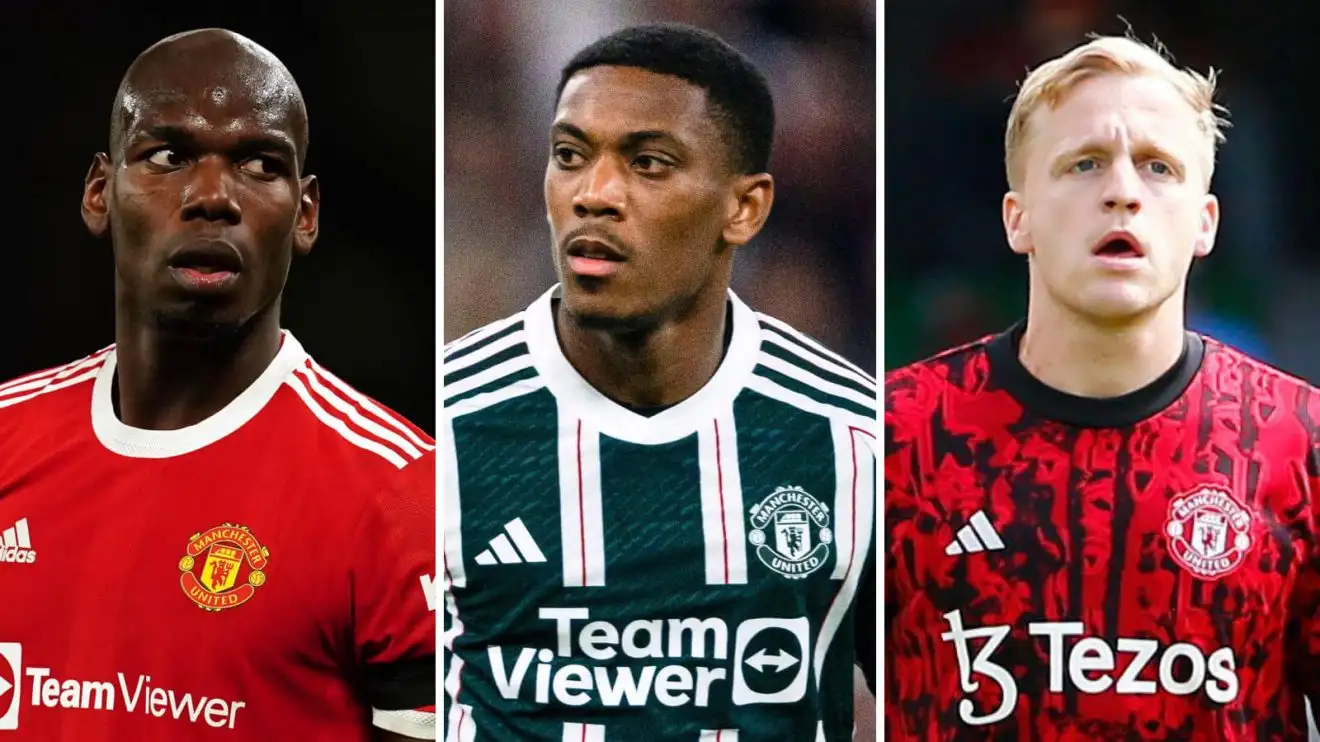Manchester United’s recent history is riddled with transfer decisions that have severely impacted the club’s finances and on-field success. Over the past eight years, the club has spent a staggering €300 million on five high-profile players, only to recoup a mere €27.8 million upon their sale. These financial missteps underscore the deeper issues of poor management, inconsistent strategy, and a lack of long-term vision at one of football’s most storied clubs.
Paul Pogba: The Costliest Return
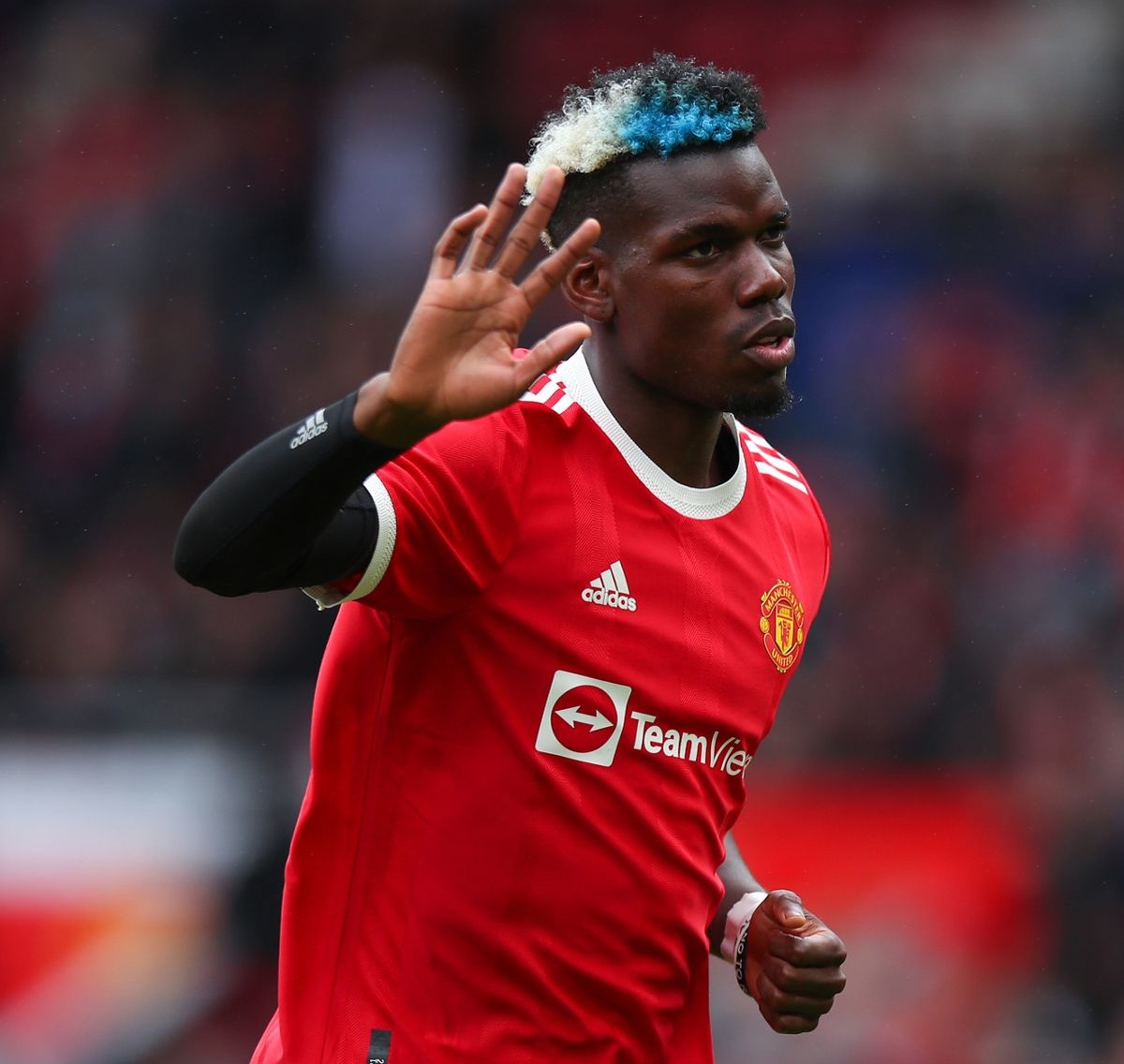
The saga began in 2016 when Manchester United made headlines by re-signing Paul Pogba from Juventus for a then-world record fee of €105 million. Pogba, who had left United as a young prospect, returned with immense expectations. However, his second stint at Old Trafford was marred by inconsistency, injuries, and off-field distractions. Despite showing flashes of brilliance, Pogba never fully lived up to the hype. After six turbulent years, he left United again, this time on a free transfer back to Juventus. The club’s inability to capitalize on their investment in Pogba highlights the pitfalls of overpaying for a player without a clear plan for integrating them into the team.
Fred: High Cost, Low Return
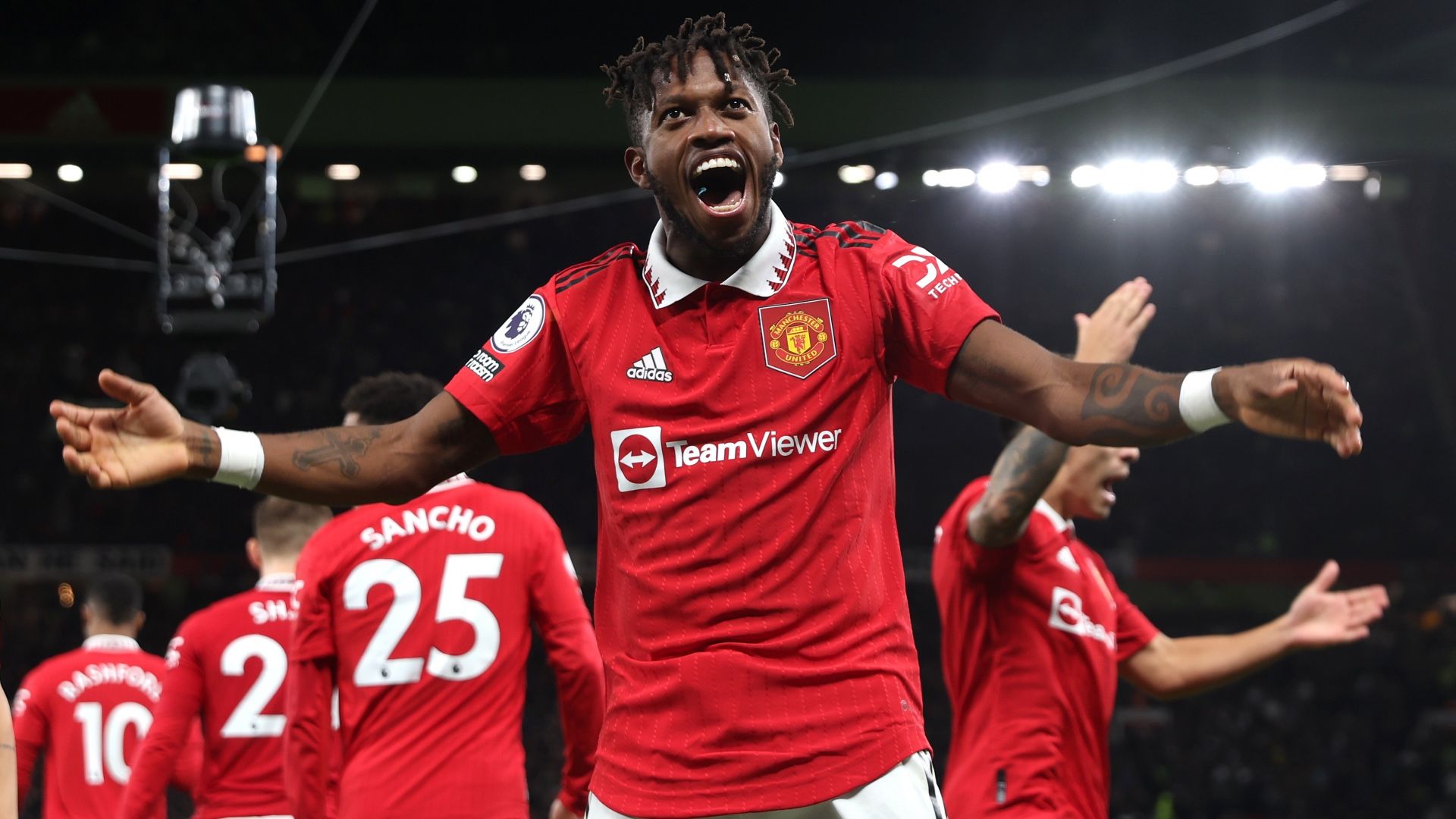
In June 2018, Manchester United signed Brazilian midfielder Fred from Shakhtar Donetsk for €55.7 million. Fred was expected to bring dynamism and energy to United’s midfield, potentially filling the role of a modern-day box-to-box player. However, Fred struggled to adapt to the Premier League’s pace and physicality. While he made 213 appearances for the club, his performances were often underwhelming. In 2023, he was sold to Fenerbahce for just €9.7 million, representing a significant financial loss. Fred’s case illustrates the risks involved in signing players who may not be fully suited to the demands of English football.
Aaron Wan-Bissaka: A Stagnant Career
Donny van de Beek: A Mismanaged Talent
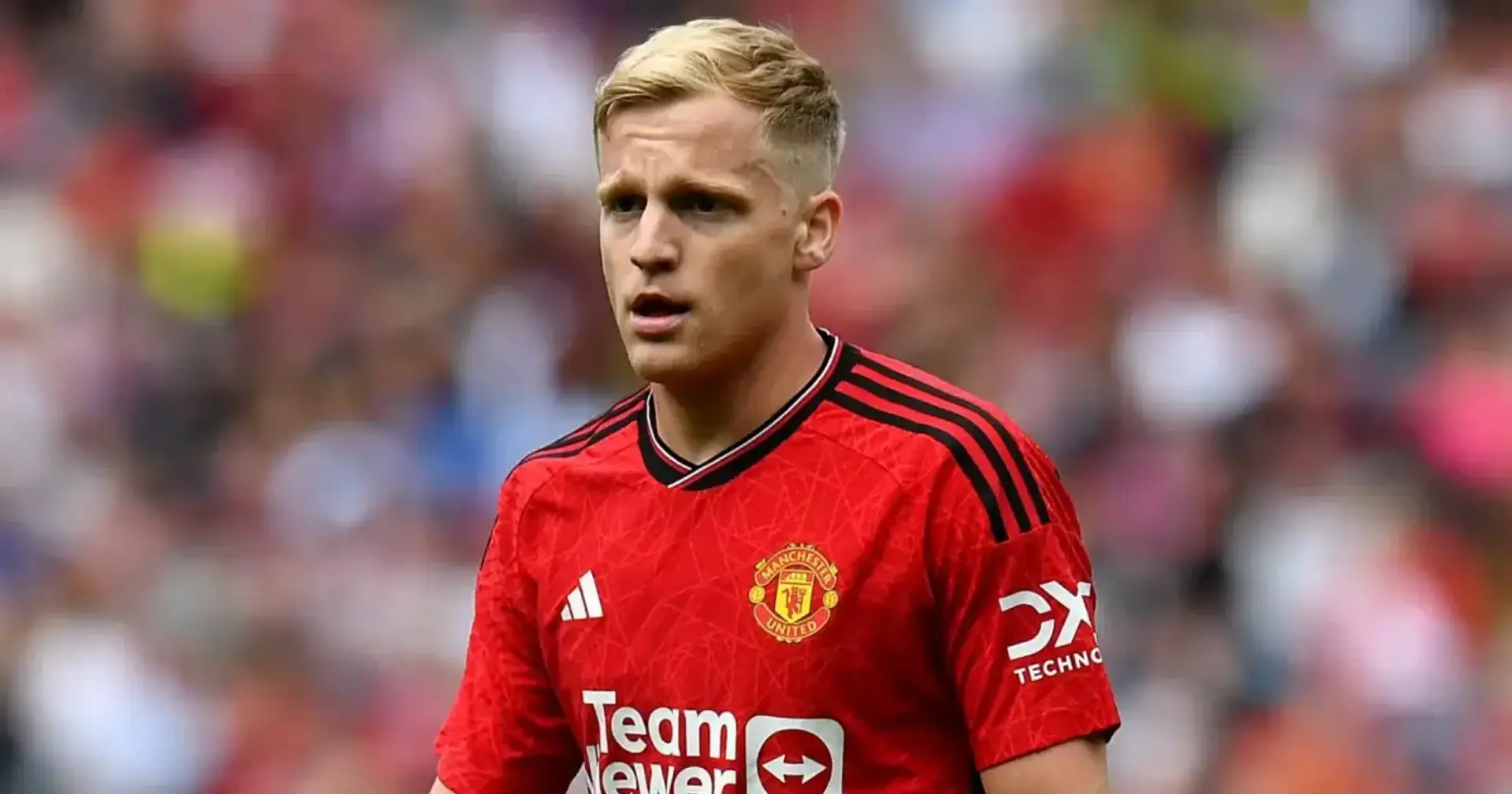
Donny van de Beek’s transfer to Manchester United in 2020 was met with excitement. The Dutch midfielder had been a key player for Ajax during their remarkable run to the Champions League semi-finals in 2018/2019. United paid €39 million for Van de Beek, expecting him to bring creativity and versatility to their midfield. However, he struggled to find his place in the team, often being overlooked by successive managers. Even with his former Ajax coach Erik ten Hag at the helm, Van de Beek could not secure a regular spot in the starting lineup. He was eventually sold to Girona in 2024 for a mere €500,000. His story highlights the dangers of signing players without a clear role or path to success within the team.
Raphael Varane: Injury-Plagued Tenure
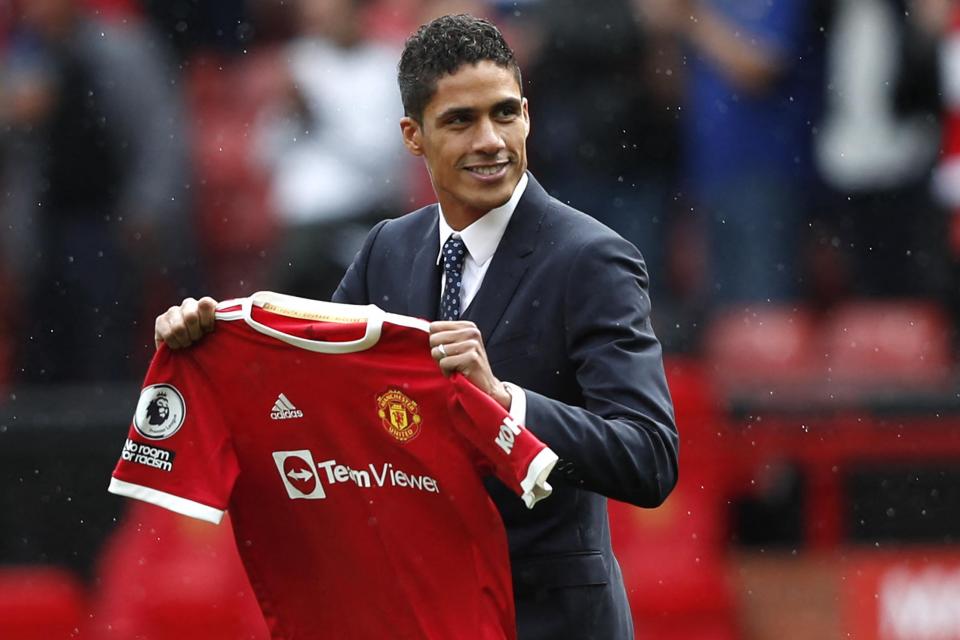
Raphael Varane arrived at Manchester United in July 2021 for €40 million, bringing with him a wealth of experience and a trophy-laden career from his time at Real Madrid. Varane was expected to provide stability and leadership to United’s defense. However, his time at Old Trafford was hampered by injuries, limiting his impact. Varane missed 48 games due to various injuries, and his presence did little to elevate the overall performance of the team. In 2024, Varane left United as a free agent, joining Como in Italy. This transfer underscores the risks associated with signing players with a history of injuries, especially when large transfer fees are involved.
Broader Implications: A Symptom of Deeper Issues
These transfer blunders are not just isolated incidents; they are symptomatic of broader issues at Manchester United. The club has changed managers five times in the last eight years, leading to inconsistent strategies and frequent squad overhauls. This lack of continuity has resulted in poor squad planning, with players being signed without a clear vision of how they would fit into the team. As a result, United has struggled to recoup their investments, further exacerbating their financial instability.
The impact of these poor decisions is evident in United’s recent performance. The club has won only three major trophies in the last eight years: the FA Cup, the EFL Cup, and the UEFA Europa League. Their last Premier League title dates back to 2012, a stark contrast to the dominance they once enjoyed under Sir Alex Ferguson. The financial losses from these transfer mistakes, coupled with on-field underperformance, have left Manchester United in a state of uncertainty, far from their former glory.
Conclusion: Lessons for the Future
Manchester United’s €300 million transfer spree over the past eight years has resulted in significant financial losses and has contributed to the club’s ongoing struggles. These mistakes highlight the need for a more coherent and strategic approach to transfers, one that prioritizes long-term success and stability over short-term fixes. As Manchester United looks to the future, they must learn from these errors to avoid repeating them and to restore the club to its former status as a powerhouse in European football. Without such changes, the club risks continuing on its current trajectory of underachievement and financial strain.
ALSO READ:Ultimate Showdown: Harambee Stars Set to Battle Zimbabwe and Namibia in AFCON 2025 Qualifiers


